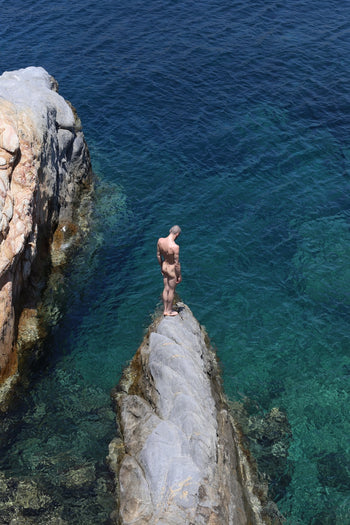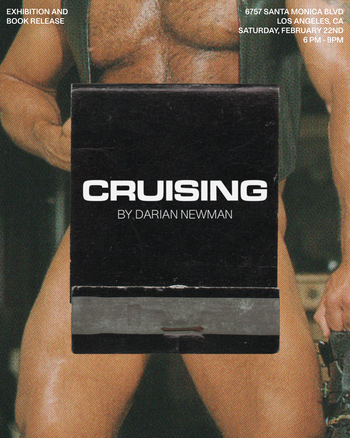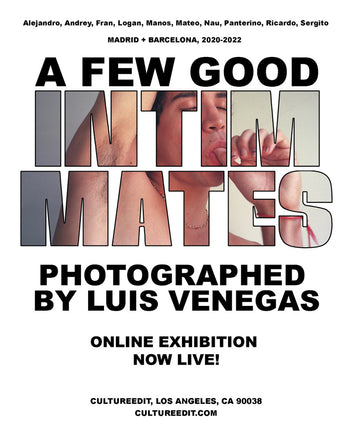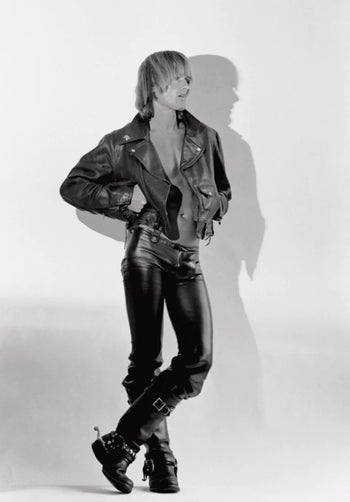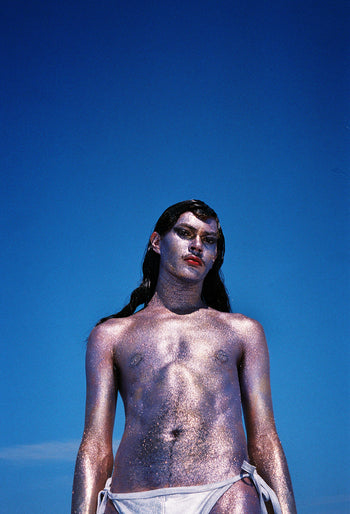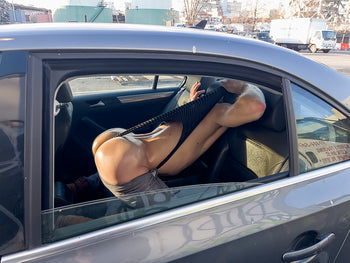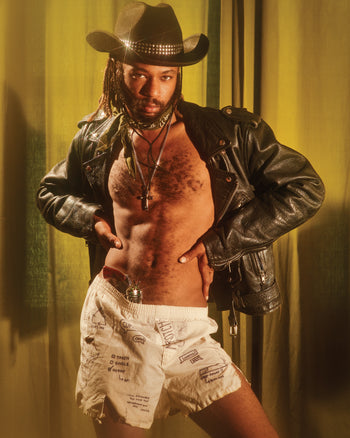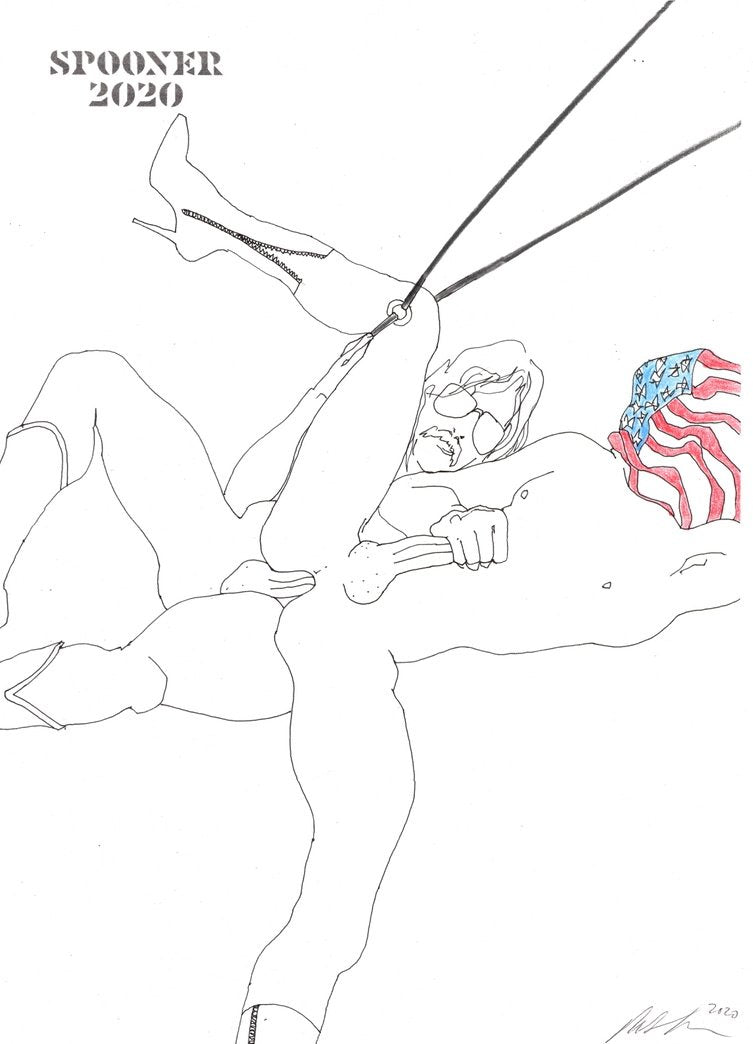karlheinz weinberger
KARLHEINZ WEINBERGER , Halbstarke Vol 1
Details
In 1958, Zürich photographer Karlheinz Weinberger first captured the likeness of Halbstarke (rebel) Jimmy Oechslin, an artistic moment which marks the genesis of this collection of images focused on young Swiss teenagers. That particular photographic encounter triggered Weinberger’s life-long fascination with outsiders and nonconformists in the otherwise staid environment of Switzerland.
The photographs presented in this first of several volumes about his work offer a rare glimpse into a bygone world that seems almost cute and quaint from a contemporary perspective, but make no mistake: just dressing in jeans, sporting a beehive hairdo and hanging chains around one’s neck was a statement as loud as blasting music by Buddy Holly or Jerry Lee Lewis on a normally quiet Swiss Sunday afternoon in that era.
Published by Sturm & Drang
120 pgs
28 × 21 cm (11 x 8.3 inches)
Softcover, 2017
karlheinz weinberger
Karlheinz Weinberger, born June 10, 1921, in Zurich, worked, from 1955 to his retirement in 1986, as inventory manager for lighting products at Siemens-Albis. From 1952 to 1967, he regularly published photographs under the pseudonym “Jim” in the magazine Der Kreis [The Circle]. In the early sixties, he traveled to Italie. He was a freelanc photographer for sport magazines and covered as a roving reporter various sports events. After discovering the Young Rebels (“Halbstarken”) in 1958, Weinberger began depicting this first Swiss underground youth scene with a Rolleiflex 2.8n. Admirers of Elvis and James Dean, these kids and twenty-somethings disdained conformity, the mainstream, and wore jeans decorated according to personal taste with studs, badges, and huge belt buckles. After gaining access to this small but attention-grabbing fringe group, Weinberger kept his eye on it and photographed it. In time, members made their way to his home, where he sometimes gave them a place to crash, so that between 1959 and 1963, he made extraordinary images. However, the scene changed in 1963 and the cliques broke up. Many members went mainstream and left the scene, but some became rockers forming new cliques and “gangs.” Weinberger kept in touch with them, followed them to their camps, and was invited to their club events, rocker weddings, and – frequently – funerals. He reciprocated with invitations to his place. The men came mostly alone, finding in his pad a refuge from the police, girlfriends, and gang members, a retreat where they could let their hair down, where they drank, smoked, stripped, masturbated … and Weinberger photographed. Besides that, he listened to them, giving them sometimes advice and usually a warm meal, giving them a home. After retirement, Weinberger devoted himself full-time to these non-conformists, creating long portrait series that are of great intensity, indeed unique. This late and by far most extensive part of his work was still unknown when in 2000, Weinberger was discovered through his first museum exhibition and the associated publication. Almost overnight he become a star on the international scene of artistic and fashion photography. Karlheinz Weinberger died in 2006.
